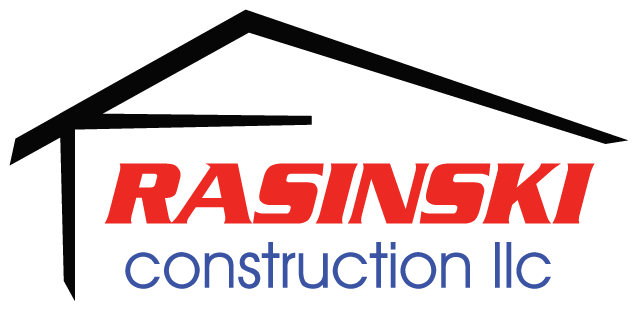The kitchen is the heart of your home. Kitchen remodeling continues to be the number one home renovation project – adding tremendous value to your home and instantly improving function and design. An updated kitchen is the dream of nearly every homeowner – however, the expense, inconvenience and unfamiliarity of the renovation process will give a lot of homeowners pause.
Industry experts estimate that major kitchen remodels average nearly $60,000 nationwide. While that number certainly varies, the investment is significant and the last thing you want is a planning error that increases that number. One very common planning oversight for homeowners embarking on a kitchen remodeling project involves appliances.
Do the Research on Appliances Before the Kitchen Remodel Begins
Before taking the first swing with the hammer, research all your appliance options. Today’s appliance market is huge and there are an incredible number of options, each carrying a unique set of specifications. Your lifestyle, family size, culinary interests, budget and kitchen size are all key factors when considering what appliances you will purchase. Look for reliability, energy efficiency and style in today’s appliance options – but don’t fail to consider how the appliances you select will impact your project.
3 Tips on Kitchen Remodeling and Appliances
- The appliances you select will most definitely impact your design. The size of the appliances is a key factor in both the kitchen footprint and cabinetry layout. Additionally, making appliance choices after design begins can be costly. Will you decide on a range or a cooktop and wall oven, a vent hood, an over-the-stove microwave or a drawer microwave, a warming drawer? Knowing your preferences and the specifications of those preferences in advance of design will save you time and money.
- Electrical work is a large part of almost any kitchen remodeling project. The appliances you select will not only dictate the electrical layout of your kitchen, but will likely impact your home’s electrical panel. Chances are your new kitchen appliances will demand more amperage than your old kitchen appliances, possibly requiring an upgrade to your current electrical panel.
- Planning to keep your current appliances in your new kitchen design? This may seem like a cost-effective solution, but it may actually be a more costly decision in the short term. Why? If your appliances are older and you feel you may need to replace them at some point soon, new appliances may not fit into your new kitchen design. It’s likely that the dimensions of the new appliances will not match the dimensions of the old ones – even an inch can make a huge difference. You may need to tear up your new countertops or cabinetry to make new appliances fit. Make it a priority to weigh the cost of including new appliances in your kitchen update.
A qualified contractor will ensure that you consider these and many other decisions before embarking on your kitchen remodeling project. From research to planning to permits to construction, the right home improvement partner will ensure that you cover all your bases, avoid surprises and keep as close to your original budget as possible.

